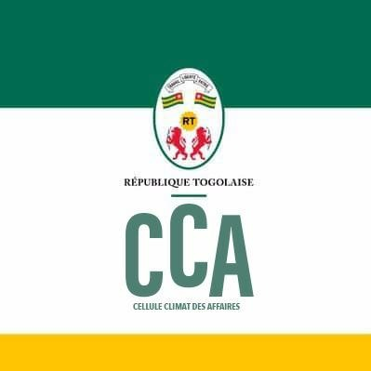Togo: Audit Court records new reform

(Togo First) - The Togolese parliament adopted, last Thursday, two laws that enact a reform extending the Audit Court's powers. The reform aims to enable the Court to adapt to the new context of decentralization and meet WAEMU standards.
The first law concerns the organization and functioning of the Court of Accounts and regional courts, while the second affects the status of magistrates in these jurisdictions. Their adoption should ultimately improve the management of public finances.
The changes allow the Audit Court to assess public policies, issue opinions on annual performance reports, monitor financial controllers and program managers. They also emphasize the institution’s independence and financial autonomy, as well as its jurisdictional competence in the new territorial entities. Other provisions include the introduction of a system of renewable terms of office with an age limit of 65 years and the annual evaluation of magistrates.
Other complementary provisions have also been added, such as the removal of the limit on the total number of magistrates and its increase, the obligation for the court to audit its accounts annually, and to have its performance periodically evaluated by its peers or by the WAEMU Court of Accounts, and the inclusion of a provision on exceptions to constitutionality, among others.
The two laws recently passed were in the pipeline since the beginning of the year. They were defended before the legislature by Christian Trimua, minister in charge of human rights and government spokesman. Trimua lauded their adoption, saying it aligns with the reform of public finance management that Togo launched in 2008.
Ayi Renaud Dossavi


















